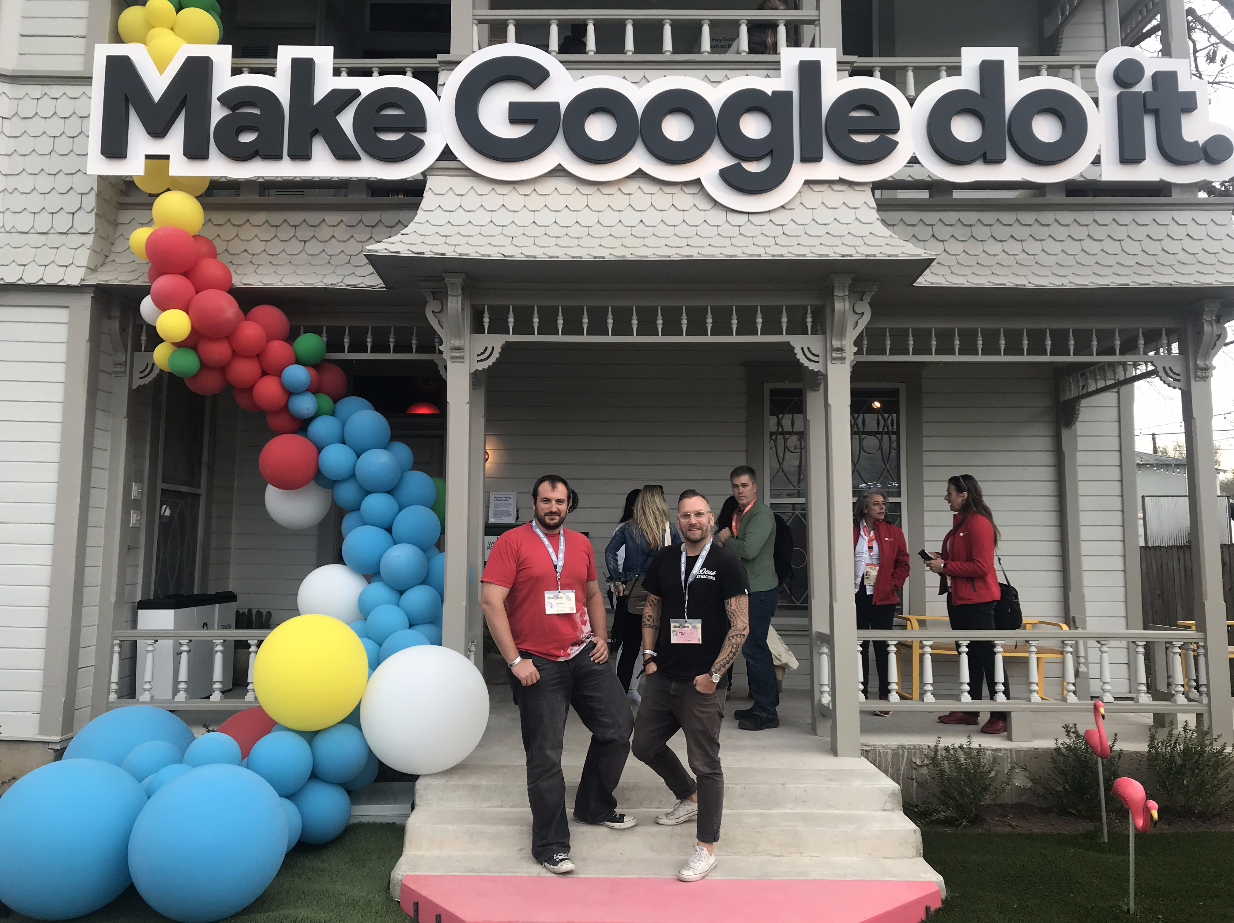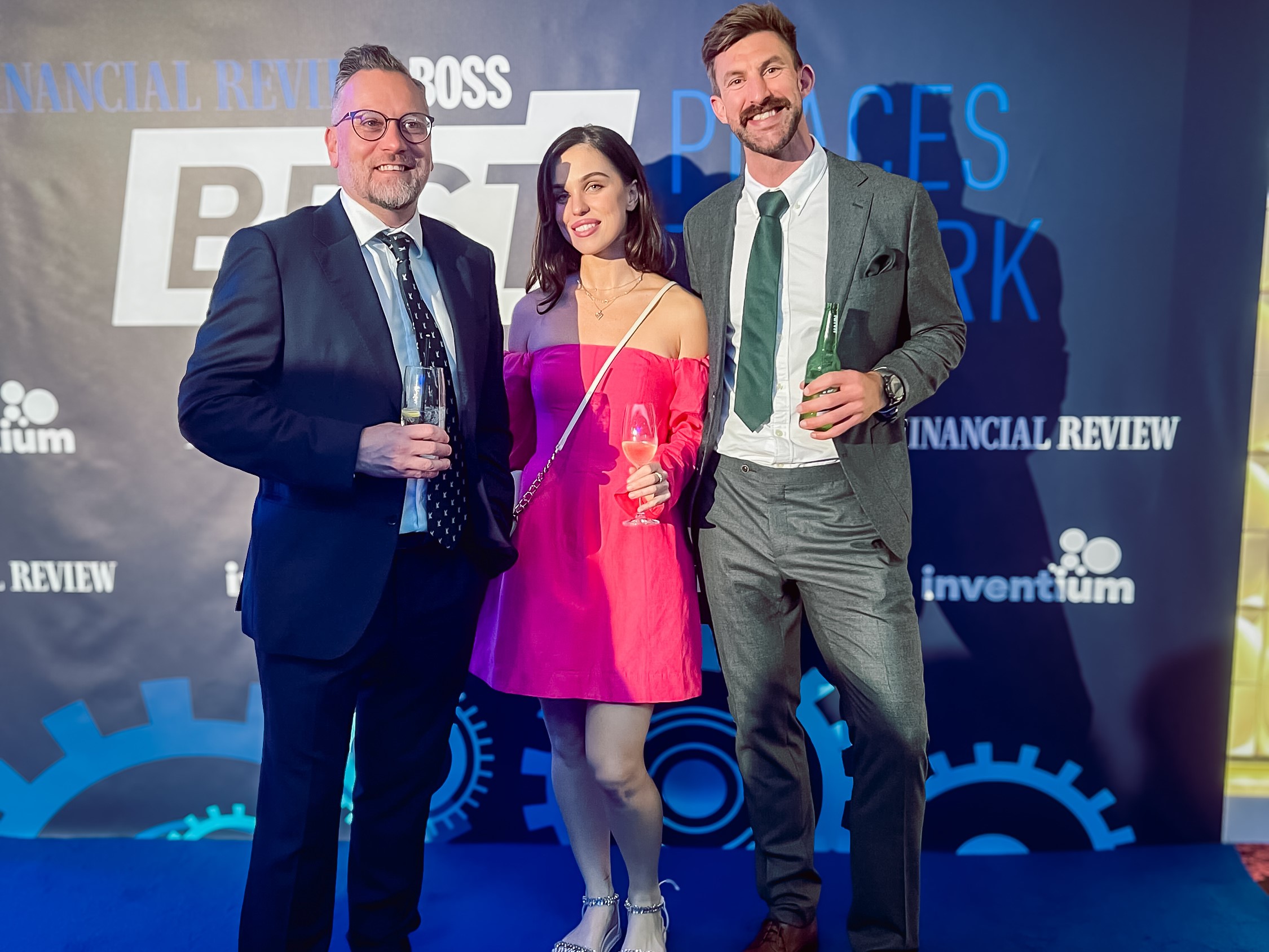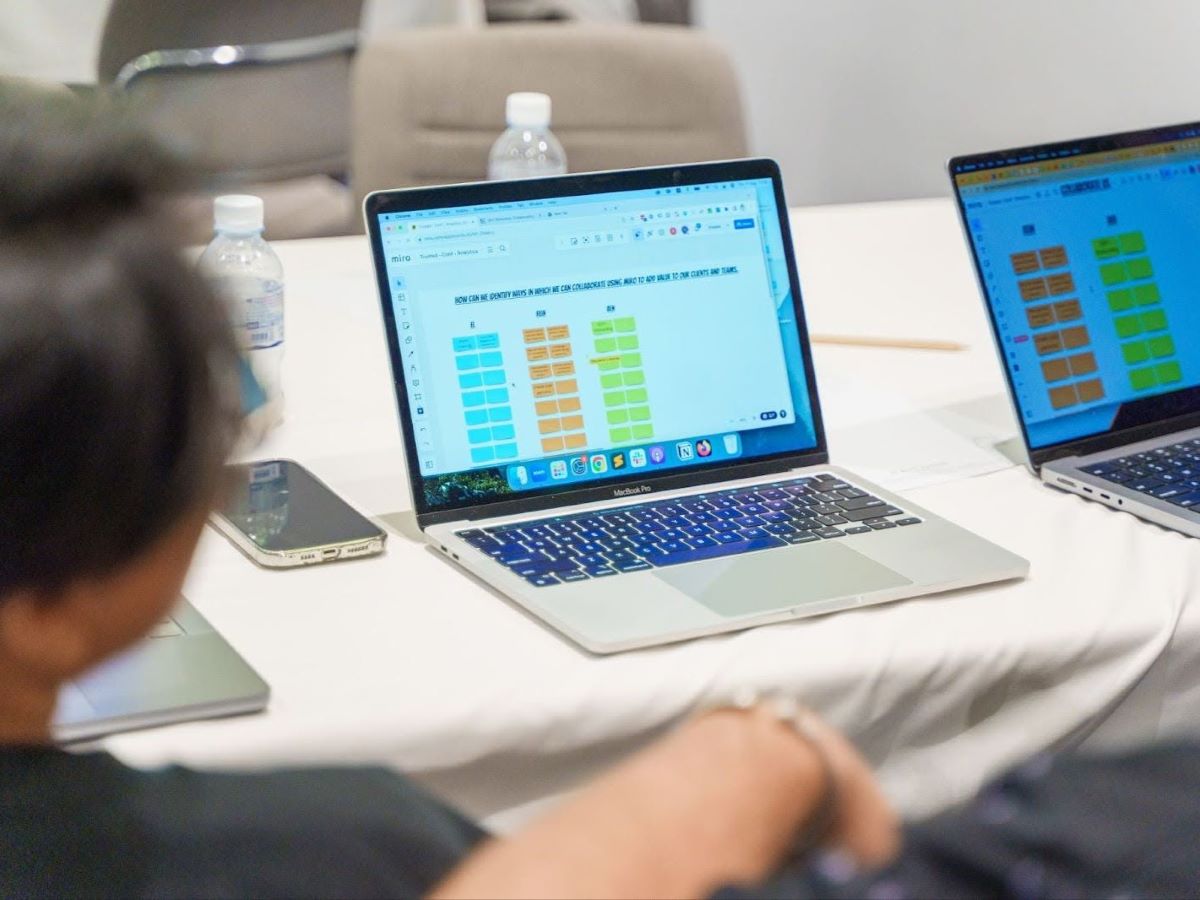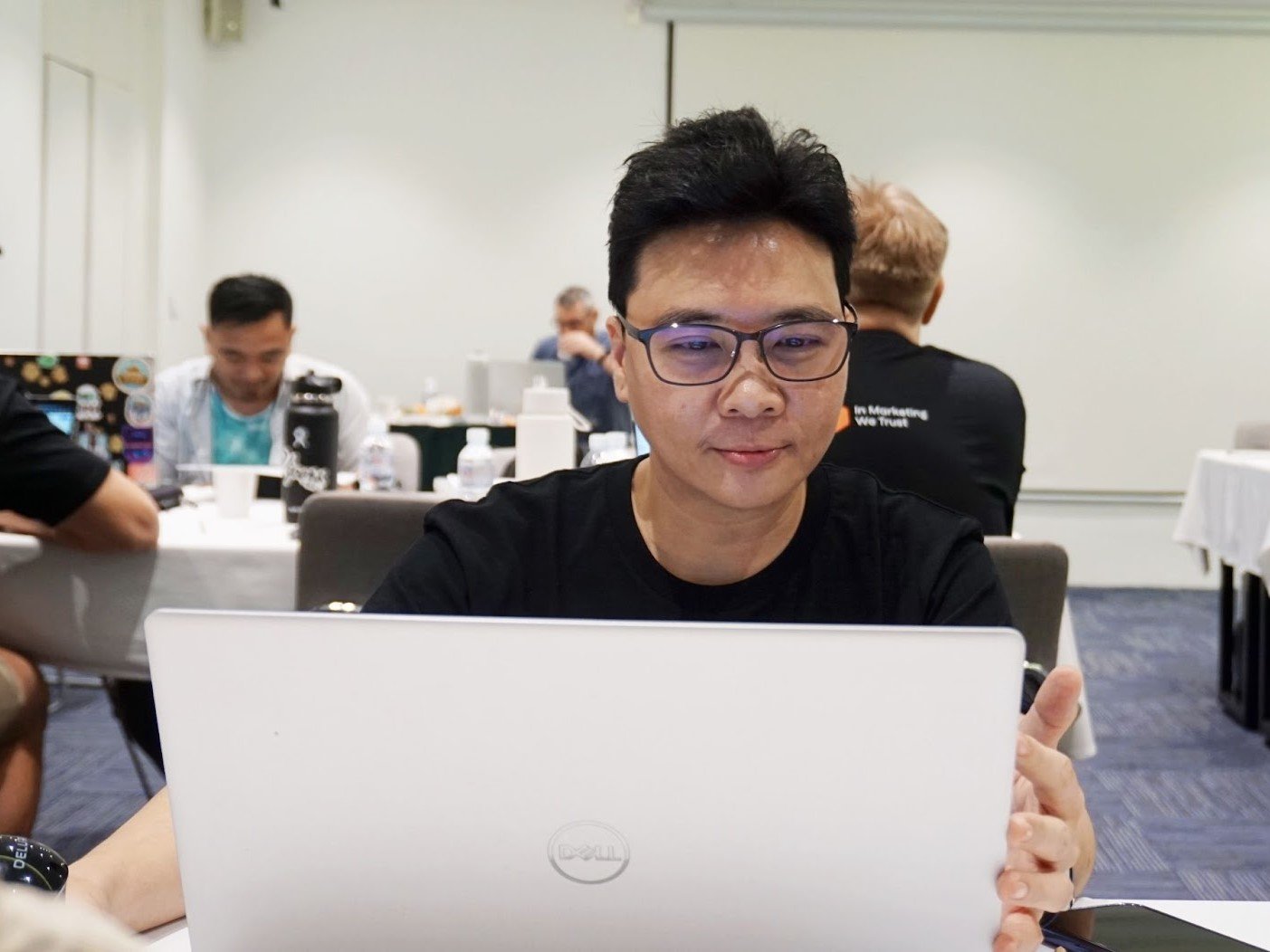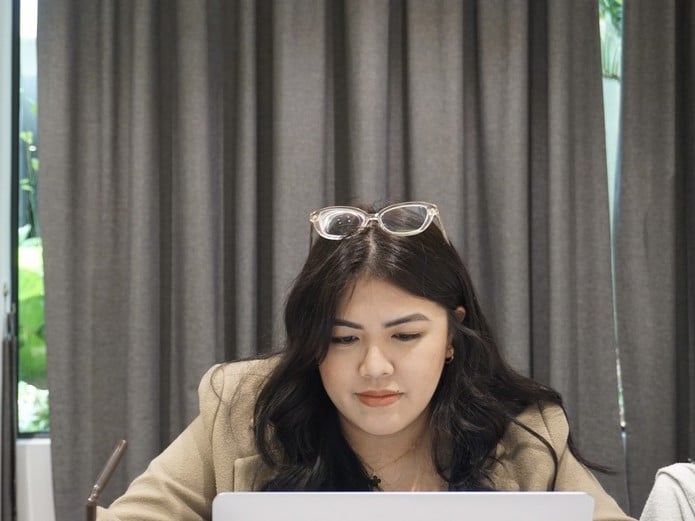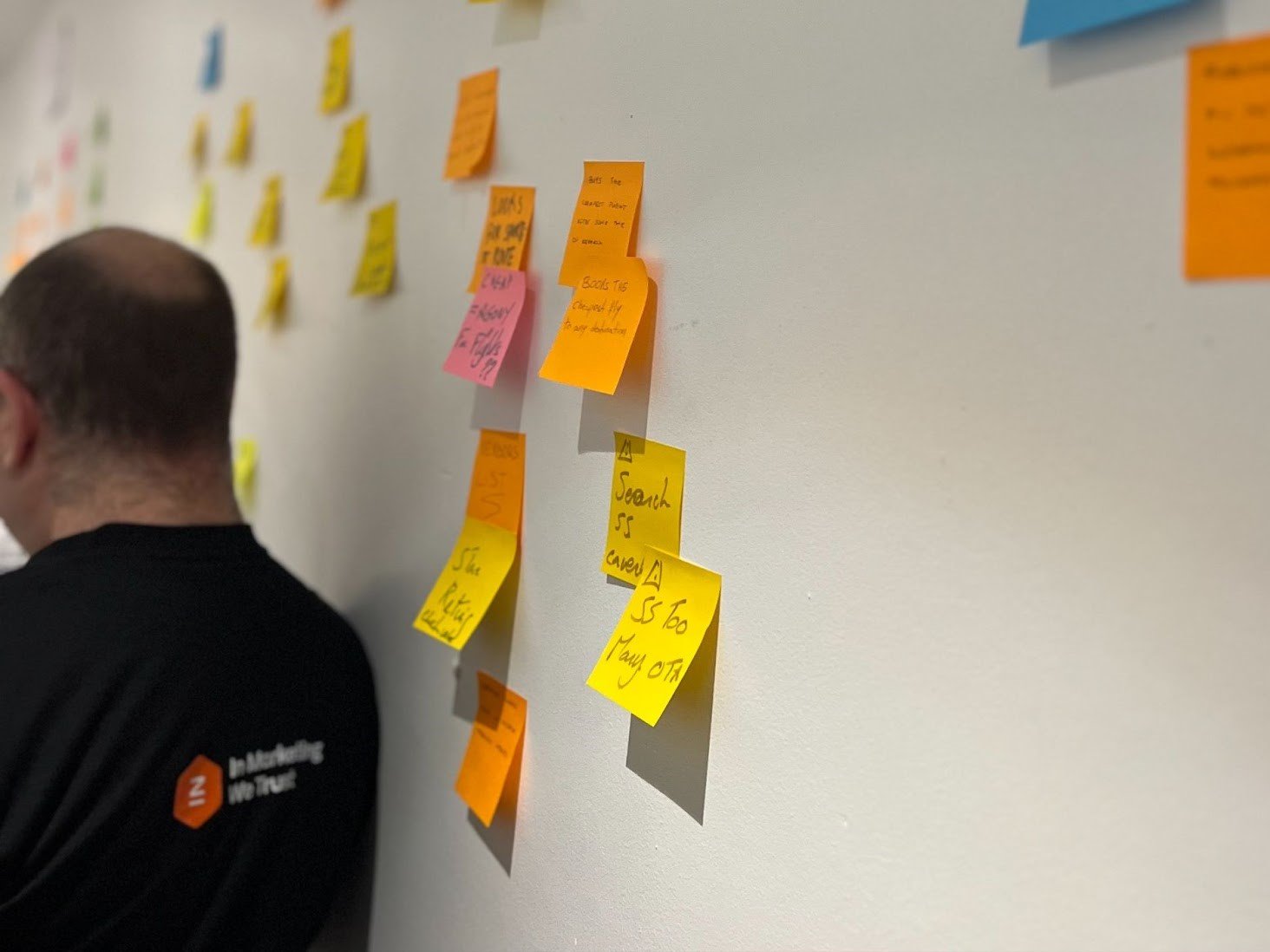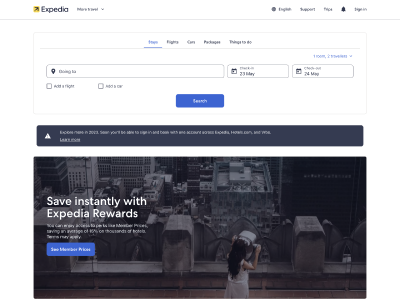Each month we like to share insights directly from the team. This month, we’re mixing things up and interviewing our Commercial Director, Paul Hewett about growing a remote digital agency. Paul joined Founder and Managing Director, Freddy Chanut, to scale up the business at the start of 2016.
Paul has 15 years experience growing agencies but unlike the rest of the team, he’s not remote! Paul is based in our head office in Sydney. So instead of getting remote working tips from the team, in this interview, you’ll learn what it’s like to scale up a remote digital agency.
How did your journey start with In Marketing We Trust and what were the biggest challenges you had to overcome at the start?
For me, joining IMWT was an adventure rather than a journey. While I officially joined the company in 2016, my adventure started in 2015. After being introduced to Freddy, we spent weeks discussing and aligning around core values to understand if I was a good fit for the business.
The convincing factor for me to join the company was curiosity. Having previously started a “traditional” agency and acquired another, I was genuinely intrigued by Freddy’s vision for a remote digital agency, and to be honest, I wasn’t entirely convinced it was a model which could be easily scaled – but I wanted to be part of the process of figuring that out.
You could say there were a couple of challenges which needed to be addressed when I joined. The first being located on the wrong continent and the second was owning a digital agency in the UK.
Anyone that has moved a family across the world will know that there are quite a few moving parts. Fortunately, I am blessed with a very understanding and supportive wife who got behind the move to Australia.
The actual move to join IMWT wasn’t as straightforward as intended. When I left the UK on April 1 – yes that’s April Fools Day – I anticipated a short 2-week stopover in Vietnam to visit team members before arriving in Sydney at the end of April. Unfortunately due to “visa issues”, I didn’t arrive in Australia until the end of June. My family followed in July and my possessions followed in September. The silver lining is I spent a lot of time building strong relationships with core team members and fell in love with Vietnam.

What was your first agency role?
My first agency work was working as a freelancer. Having graduated as a product designer I started out building websites. My core skills were PHP, mySQL, html and CSS.
How did you end up managing an agency?
My first job as an Account Manager was at Research & Marketing Group in 2006, a leading research and data marketing company. I was promoted quickly through the business to become Head of Direct Marketing. I worked closely with the Managing Director and Finance Director. I learned a huge amount about business and leadership from them.
I was fortunate enough to be a part of the management team who acquired the business in 2009. It was a fantastic learning experience – I call it my real-life MBA. I learned much more about corporate finance, sales, marketing operations, contract law and human resources. We acquired the business during the GFC, which was an incredibly challenging time. Looking back, the management team and employees did an incredible job to improve the business in very challenging circumstances.
What do you actually do at In Marketing We Trust?
That’s a question I hear a lot! My role as Commercial Director of a small but growing remote digital agency is quite diverse. Ultimately, I am responsible for the strategy and oversight of a few key areas:
- Sales
- Marketing
- Product and market fit
- Shared financial responsibilities
We’re a small team and I work closely with the other leaders to get these elements right. It’s an important role, but not a hard one. I work with talented people across the business to steer things in the right direction.
What is the most rewarding part of your role?
Ultimately, the most rewarding part of my role is the impact of what we are building for our team members and customers. As those who’ve worked closely with me know, since my first director role, my reason for getting out of bed every day has not changed.
- Build a marketing business which delivers exceptional value for customers
- Provide meaningful employment which improves peoples quality of life
I think I stumbled into the perfect company to fulfil on this purpose. The balance of high-value work, ambitious customers, combined with a talented remote team fulfils on these values.
On a day-to-day basis, the most enjoyable part of my role is travelling to meet with team members and customers in Asia and America. On occasion, my family gets to travel with me.

What are the challenges of managing a remote digital agency?
Where shall I start? There are many. As I mentioned, the learning experience of growing a remote digital agency was the convincing factor for me to join IMWT. As a team, I believe we have experienced most of the challenges of building a remote business.
The biggest challenges for the business have been:
- Building a strong and unified business culture
- Enabling team relationships
- Coordination
The advantage of our leadership team is that we identify these issues early, we debate them and engineer solutions to solve them. For example:
1. Building a strong and unified business culture
To a build a strong and unified business culture we have built our core values into every aspect of the business. As a result, we attract people who share our values, which reinforces our culture.
2. Enabling team relationships
Good relationships are super important to the success of the business. To help our team get to know each other really well, we organise an immense annual conference once a year called Trusted Conf. where the team learns together, works together and plays together. You really get to know each other when you’re stuffed in a resort together for a week.
3. Coordination
As a service business, we have to work together in sync to maximise efficiency. While technology provides the backbone for coordinating our efforts, the biggest impact is delivered through working practice and culture.
For example, (1) we introduced a mantra of working out loud to keep teams in sync, and (2) we introduced a new value to encourage team members that need to be independent to also work together (independently together).
What are your best tips for growing a remote business?
If I have to give only one answer it’s “people”. I believe great businesses are made by having the right people doing the right things. If you’ve got a great team, everything else falls into place (usually after a bit of lively debate).
If you want a few more tips, I have a list of things not to do…
- Don’t try and replicate a colocation business operation – remote teams are different. They have different strengths and weaknesses.
- Work to the strengths of being a remote company.
- Develop strategies to minimise or negate the weaknesses.
- Don’t approach a remote business as a way to build a low-cost business.
- The primary benefits of remote aren’t financial.
- There are some savings, but there are additional expenses.
- The biggest advantage is the talent pool. Remote companies get to choose people based on skill and experience rather than commute time.
Tips for someone growing an agency?
Agency life is awesome, but it’s not an easy business by any means. I have seen the growing pains of agencies break very capable people. I believe digital marketing is one of the most competitive industries around.
- The barriers to entry are low, you can get started with little to no capital
- The industry is full of super-smart people who are equally passionate and enthusiastic
If you’re going to take on the challenge of growing an agency:
- Get the right people in the right places
- Invest in developing your leadership skills – you’re going to need them
- Invest in building systems and processes early
- Invest in financial expertise to grow a resilient business
- Invest in understanding your agency model, so you know what levers are available to improve operational performance
- Make yourself dispensable as soon as possible
- Stay curious or your business will become irrelevant
- Don’t be afraid to fire bad clients that destroy morale and steal headspace
- Don’t avoid firing bad employees, they cost you good people and good clients
